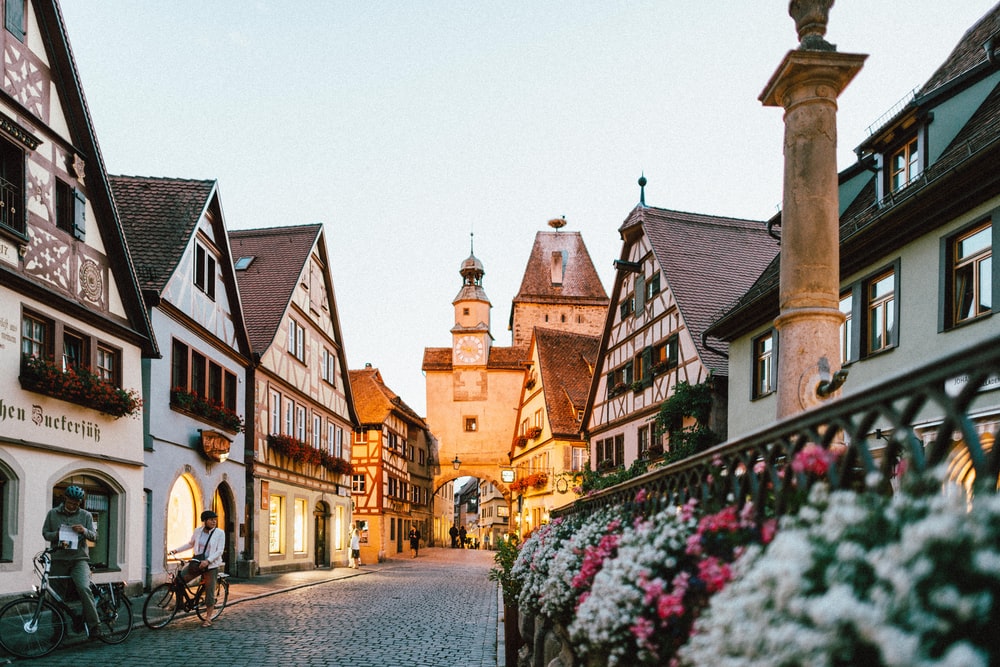Renting an apartment in Germany can be stressful. From finding a place to going through the tenancy, living there is all about following laws and rules – one has just got to make sure they aren’t doing anything illegal while renting their home! Discover these main things you should know while renting a place in Germany!
Type of rental contracts
It is important to discuss the type of contract that you want before seeing an apartment. Some rental agreements are for fixed terms, which means they have a move-in and move-out date or indefinite with no end date. In both types of contracts you can end your tenancy by giving a minimum three-months written notice. This can sometimes vary depending on the landlord and the agreement. Thus, make sure you discuss this prior to signing the contract to avoid any issue later.
Utilities (Nebenkosten)
In Germany you can either pay a cold rent (Kaltmiete) that is only rent or warm rent (Warmmiete) which includes utilities (Nebenkosten) such as electricity, gas, internet, etc. Make sure you get all these clarified before signing the rental contract so that you know exactly how much rent you will be paying each month or so you can make the arrangements for the other utilities as well in case of a cold rent.
Tenant rights
Another important thing you should know before renting an place in Germany is your rights. Landlords cannot immediately terminate contracts without any notice unless the tenants have committed serious crimes like not paying rent for months or doing something illegal at their apartment complex – but they can end these agreements if they are renovating the place and keeping it personal use only. If you think you are being evicted unfairly, it is recommended to see a lawyer!
Property rules and regulations
As a new tenant, it is your responsibility to visit the property and see if there are any damages before moving in. You should also make sure that all furniture has been moved to its original location before moving out otherwise you may be charged extra rent or deposit for restoring them back again! Landlords are allowed to charge you for any damage of the property, so make sure you return the apartment as it was before you moved in. It is recommended to discuss about all these with your landlord before signing the contract to avoid any unpleasant surprise later.
Subletting
The first thing you should know about subletting an apartment is that there are some rules. You can read more about it in our blog „Can I sublet my apartment in Germany“ here!
Deposit (Kaution)
Being a tenant in Germany, you should also know about how deposits work. Questions that come up frequently are what exactly are tenants paying when they hand over a deposit and when do they get the money back? Read this blog post to go over the basics of how it works so you know what you’re getting into before signing on the dotted line!
Having guests over
Different landlords have different rules about guests at your place. Some allow guests only during certain hours while others charge a fee for each night that someone stays at your place – even if they’re just passing through! The conditions for these are normally written in the contract so make sure you know about the rules properly before inviting anyone over. In case of doubts, it is better to talk to your landlord to clear things out and avoid troubles. Do not hide anything concerning guests in your apartment as it might lead to serious problems with your landlord!
Are you having some issues with your landlord and need someone to converse with them in German? Book a local to help you out!









